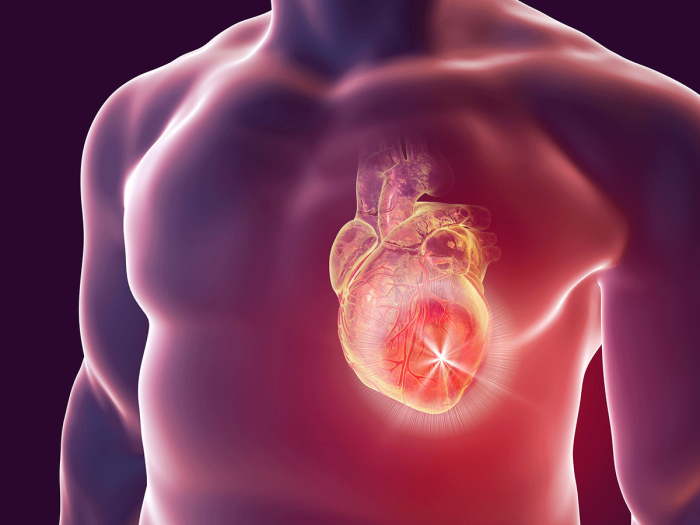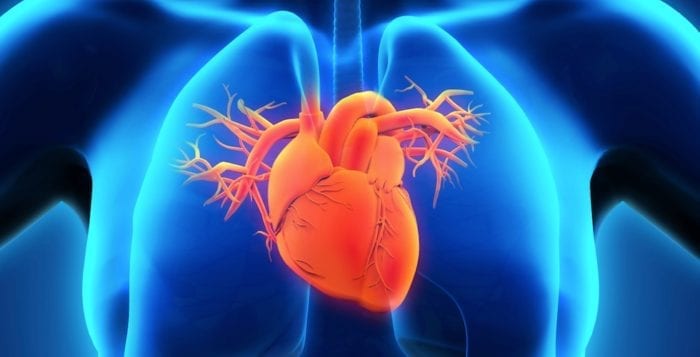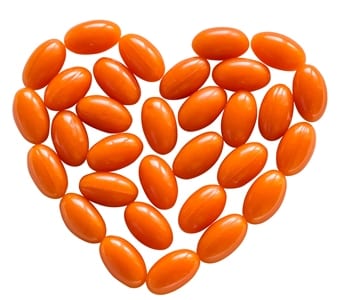Antioxidant diet may improve outcomes
By David Dunaief, M.D.

Heart failure (HF) occurs when the heart’s pumping is not able to keep up with the body’s demands for blood and oxygen and may decompensate. Unlike a heart attack, which is acute, heart failure develops slowly and may take years to become symptomatic.
There are two types of heart failure, systolic and diastolic. The basic difference is that the ejection fraction, the output of blood with each contraction of the left ventricle of the heart, is more or less preserved in diastolic HF, while it can be significantly reduced in systolic HF.
We have more medical research on systolic heart failure. Fortunately, both types can be diagnosed with the help of an echocardiogram, an ultrasound of the heart. The signs and symptoms of both include shortness of breath on exertion or when lying down, edema or swelling, reduced exercise tolerance, weakness and fatigue.
Major lifestyle risk factors for heart failure include obesity; smoking; poor diet, including consuming too much sodium; being sedentary; and drinking alcohol excessively. Conditions that increase your risk include diabetes, coronary artery disease and high blood pressure.
Typically, heart failure is treated with blood pressure medications, such as beta blockers, ACE inhibitors and angiotensin receptor blockers. We are going to look at how diet and iron levels can affect heart failure outcomes.
Increasing antioxidants in the diet
If we look beyond the usual risk factors mentioned above, oxidative stress may play an important role as a contributor to HF.
In a population-based, prospective study, the Swedish Mammography Cohort, results show that a diet rich in antioxidants reduces the risk of developing HF (1). In the group that consumed the most nutrient-dense foods, there was a significant 42 percent reduction in the development of HF, compared to the group that consumed the least. According to the authors, the antioxidants were derived mainly from fruits, vegetables, whole grains, coffee and chocolate. Fruits and vegetables were responsible for the majority of the effect.
What makes this study so impressive is that it is the first of its kind to investigate antioxidants from the diet and their impacts on heart failure prevention.
This was a large study, involving 33,713 women, with good duration — follow-up was 11.3 years. There are limitations to this study, because it is observational and the population involved only women. Still, the results are very exciting, and it is unlikely there is a downside to applying this approach to the population at large.
Addressing iron deficiencies
An observational study that followed 753 heart failure patients for almost two years showed that iron deficiency without anemia increased the risk of mortality in heart failure patients by 42 percent (2).
In this study, iron deficiency was defined as a ferritin level less than 100 μg/L (the storage of iron) or, alternately, transferrin saturation less than 20 percent (the transport of iron) with a ferritin level in the range 100–299 μg/L. The authors conclude that iron deficiency is potentially more predictive of clinical outcomes than anemia, contributes to the severity of HF and is common in these patients.
These studies suggest that we should try to prevent heart failure through dietary changes, including high levels of antioxidants, because it is not easy to reverse the disease. Those with HF should have their ferritin and iron levels checked, because these can be addressed with medical supervision.
References:
(1) Am J Med. 2013 Jun:126(6):494-500. (2) Am Heart J. 2013;165(4):575-582.
Dr. David Dunaief is a speaker, author and local lifestyle medicine physician focusing on the integration of medicine, nutrition, fitness and stress management. For further information, visit www.medicalcompassmd.com.












